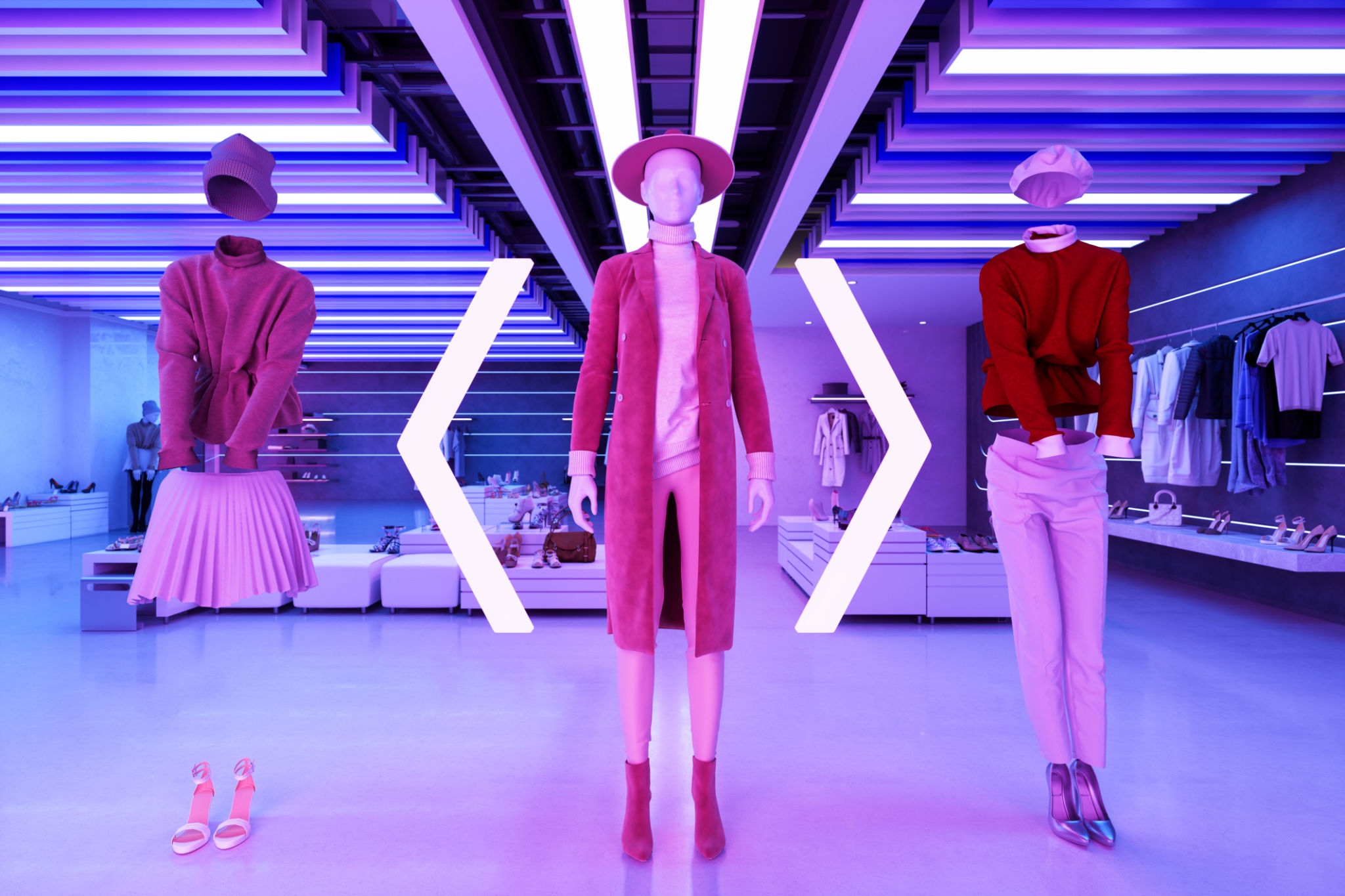Integrating AI in Fashion: Transforming Style with Technology
The Rise of AI in the Fashion Industry
In recent years, artificial intelligence (AI) has become an integral part of numerous industries, revolutionizing the way they operate. The fashion industry is no exception. As technology advances, AI is transforming fashion, offering innovative solutions to age-old challenges and creating new opportunities for designers, retailers, and consumers alike.
From automating design processes to enhancing customer experiences, AI is reshaping the fashion landscape. This transformation not only improves efficiency and productivity but also introduces a level of personalization and creativity never seen before.

AI-Driven Design and Creativity
One of the most exciting applications of AI in fashion is its role in the design process. AI algorithms can analyze vast amounts of data, including historical designs, current trends, and consumer preferences, to generate new fashion ideas. This allows designers to experiment with styles and patterns that might not have been considered otherwise.
Moreover, AI can assist in predicting upcoming trends by analyzing social media feeds and online behavior. By doing so, designers can stay ahead of the curve, ensuring their collections resonate with the ever-changing tastes of consumers.

Enhancing the Shopping Experience
AI is also revolutionizing the shopping experience by offering personalized recommendations based on individual preferences and past purchases. With AI-driven virtual fitting rooms, customers can try on clothes virtually, reducing the need for physical trials and returns.
Additionally, chatbots powered by AI provide instant customer service, guiding shoppers through their purchases and addressing any queries they may have. This level of personalization not only enhances customer satisfaction but also fosters brand loyalty.

AI in Supply Chain Management
The integration of AI in supply chain management is another area where fashion companies are reaping significant benefits. AI systems can optimize inventory management, predict demand accurately, and streamline logistics operations. This leads to reduced waste and improved sustainability, a key concern for modern consumers.
By analyzing data from various sources, AI can anticipate market demands and adjust production schedules accordingly, ensuring that the right products are available at the right time. This efficiency not only benefits businesses but also minimizes environmental impact.
The Future of AI in Fashion
As AI technology continues to evolve, its potential applications in fashion are boundless. We can expect to see even more sophisticated design tools, enhanced retail experiences, and efficient supply chains that cater to the demands of a global market.
However, embracing AI in fashion also comes with challenges, such as ensuring data privacy and addressing ethical concerns related to automation. Nevertheless, the benefits far outweigh the drawbacks, making AI an indispensable ally in the fashion industry's journey towards innovation and sustainability.

Conclusion
The integration of AI into the fashion industry marks a significant milestone in its evolution. By leveraging technology to enhance creativity, improve customer experiences, and streamline operations, fashion businesses are poised to thrive in a competitive market.
Looking ahead, embracing AI will be crucial for any brand aiming to stay relevant and meet the ever-evolving demands of consumers. As technology continues to advance, the fusion of AI and fashion promises exciting possibilities that were once thought to be purely futuristic.
